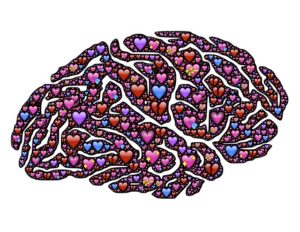
Can You Become Neurodivergent?
If things are getting harder, if your brain seems to have more trouble coping, if sensory issues are more intense, it can provoke lots of questions. Was I always this way or did something change?

If things are getting harder, if your brain seems to have more trouble coping, if sensory issues are more intense, it can provoke lots of questions. Was I always this way or did something change?

Do you harangue yourself about the things you should do, even when you’re physically unable and they don’t actually, really, absolutely, need to be done?

Now that you’ve figured out you’re in autistic burnout, what do you do about it? Here’s my five part philosophy on how to recover sustainably.

A short primer on what Autistic burnout is, and how you get to that point.

Do you want to get better at figuring out your sensory differences, to understand your own body better? Here’s a few ideas on how to get started.

Some rules that made sense when you were five don’t make sense in other circumstances or later in life. Here are a few things I choose to leave behind.

A list of common warning signs that autistic burnout coming soon, or that you’re in it.

Friends can hurt each other, and that doesn’t have to be the end of it. However, sometimes it just may not work out.

How do you separate personal issues with a job from the job just being a horrible job?

Some people love journaling. Some struggle with it and feel like something is wrong if they don’t love and embrace journaling. Don’t worry, nothing’s wrong.

How much gas money you’re supposed to give for a ride is tricky. There’s lots of factors and different views. Here’s some thoughts to help you figure it out.

I find it a lot easier to do things when I know why they matter, and then I don’t complain about them (nearly as much).